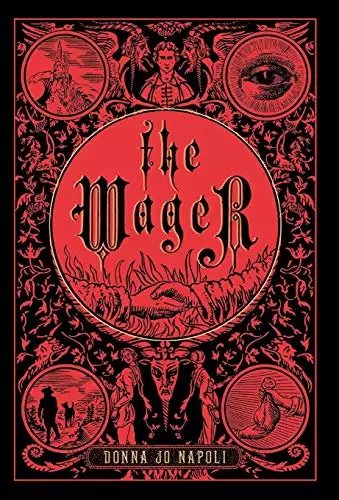Messina, 1169
We hope you are enjoying the book so far. To continue reading...
The Wager
Donna Jo Napoli
Copyright © 2026 All Rights Reserved
Close
